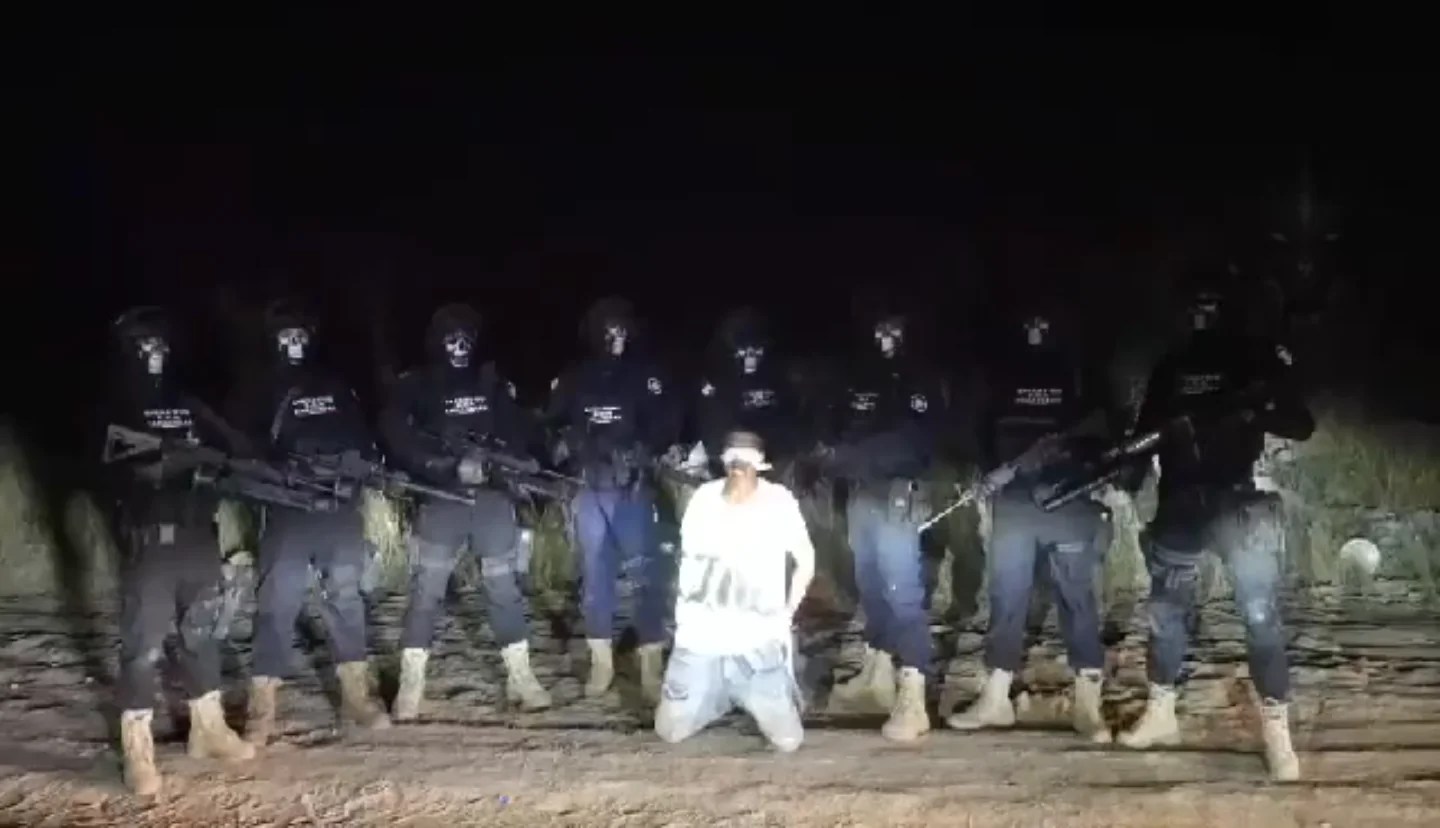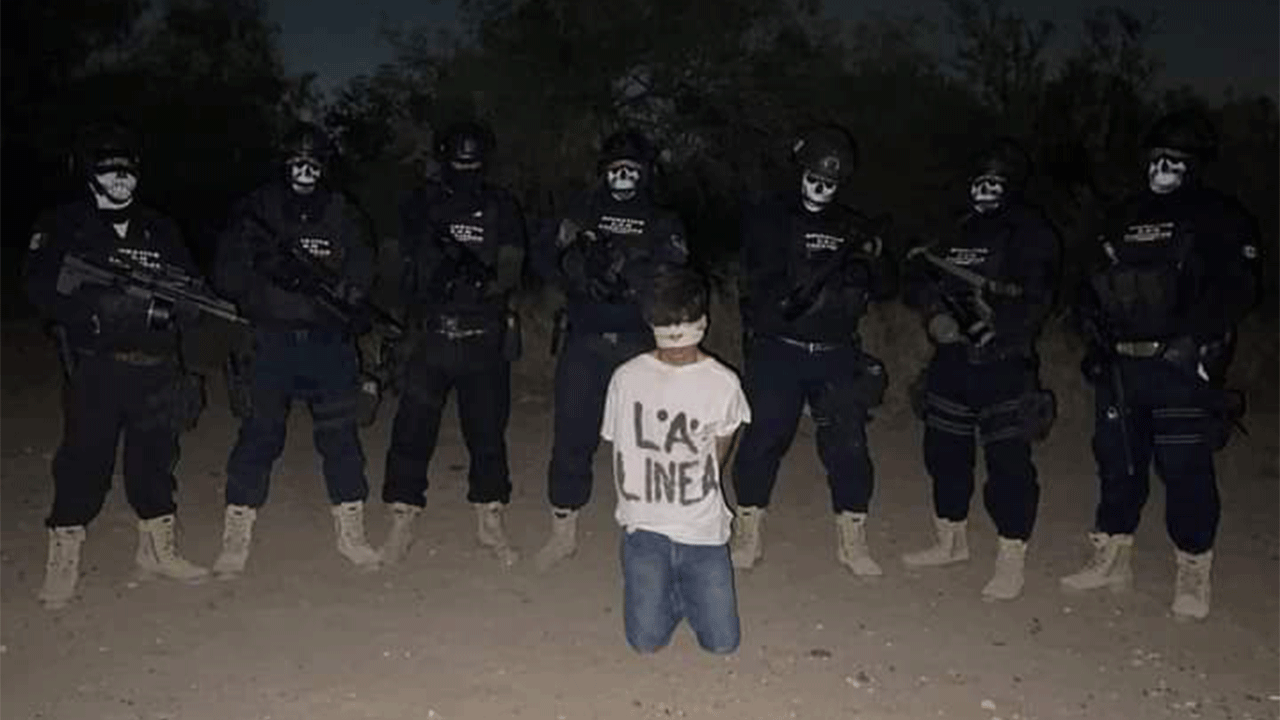The Zacatecas flaying is a chilling yet intriguing chapter in the annals of Mexican history, steeped in ritualistic practices that are both fascinating and horrific. This ancient tradition, rooted in the heart of Zacatecas, highlights the complex interplay between culture, power, and the darker aspects of human nature. While it may sound like a gruesome tale reserved for the pages of horror fiction, the reality of the Zacatecas flaying unveils a tapestry of historical significance and cultural heritage that demands exploration.
As we delve deeper into this topic, it becomes evident that the Zacatecas flaying was not merely an act of brutality but rather a manifestation of power dynamics prevalent in pre-Hispanic societies. It serves as a reminder of the lengths to which people would go to assert dominance, maintain control, and appease the gods they worshipped. The ritualistic aspects of this practice, shrouded in mystery and reverence, continue to spark debates among historians and anthropologists alike.
In this article, we will unravel the enigmatic nature of the Zacatecas flaying, examining its historical context, cultural implications, and the legacy it has left behind. As we explore this dark yet captivating subject, we aim to provide a comprehensive understanding of what the Zacatecas flaying entailed and why it remains a significant part of Mexico's rich history. Join us as we embark on this journey through time and tradition.
What Was the Zacatecas Flaying?
The Zacatecas flaying refers to a brutal ritualistic practice that involved the skinning of individuals, often prisoners or sacrificial victims, as part of a ceremonial event. This gruesome act was performed by skilled priests or shamans and had profound implications for the society that practiced it. Aimed at appeasing deities or ensuring agricultural fertility, the flaying was a testament to the belief systems that governed the lives of the people in Zacatecas.
Where Did the Zacatecas Flaying Take Place?
The flaying rituals primarily took place in the highlands of Zacatecas, Mexico, an area rich in natural resources and steeped in cultural significance. Sacred sites, often located near temples or ceremonial centers, served as the backdrop for these harrowing events. The geographical and spiritual landscapes of Zacatecas played a crucial role in shaping the rituals and beliefs surrounding flaying.
Who Were the Victims of the Zacatecas Flaying?
The victims of the Zacatecas flaying varied, but they were often those captured in wars or individuals deemed to be of lesser status within society. These sacrificial offerings were believed to be essential for appeasing the gods and ensuring the prosperity of the community. The societal structures at play dictated who would be chosen for these rituals, often reflecting the power dynamics within the culture.
How Was the Zacatecas Flaying Conducted?
The process of flaying was not a random act of violence but rather a meticulously planned ritual. The priests would prepare the victim, often involving various ceremonial practices, chants, and offerings to the gods. The actual flaying was performed with great skill, showcasing the priest’s reverence for the act as a sacred duty rather than mere brutality. This ritualistic approach highlights the complexities of their belief systems, where life and death were intertwined in a spiritual context.
What Were the Cultural Significances of the Zacatecas Flaying?
The cultural significance of the Zacatecas flaying extends beyond its gruesome nature. It served as a means of reinforcing social hierarchies, demonstrating the power of the ruling class, and maintaining control over the populace. Additionally, the ritual was believed to ensure agricultural fertility, prosperity, and protection from calamities, linking the practice to the community's survival and well-being.
How Is the Zacatecas Flaying Remembered Today?
In contemporary society, the Zacatecas flaying is often viewed through the lens of historical curiosity and cultural heritage. While the act itself is condemned, the historical context provides insight into the complexities of pre-Hispanic cultures. Museums and academic studies have sought to preserve and interpret this dark aspect of history, allowing future generations to understand the significance behind such practices.
What Can We Learn from the Zacatecas Flaying?
The Zacatecas flaying serves as a poignant reminder of the complexities of human belief systems, the consequences of power struggles, and the lengths people will go to for survival and control. By examining this historical practice, we gain valuable insights into the cultural heritage of Mexico and the intricate tapestry of human history. It calls for a reflection on the values we hold today and how they shape our understanding of past rituals and practices.
Conclusion
The Zacatecas flaying is a multifaceted subject that invites us to explore the intersection of culture, power, and spirituality. While the practice itself evokes horror, it also serves as a crucial window into the past, shedding light on the intricate beliefs and traditions that defined a civilization. Understanding the significance of such practices enables us to appreciate the rich tapestry of human history and the lessons that can be drawn from it.




